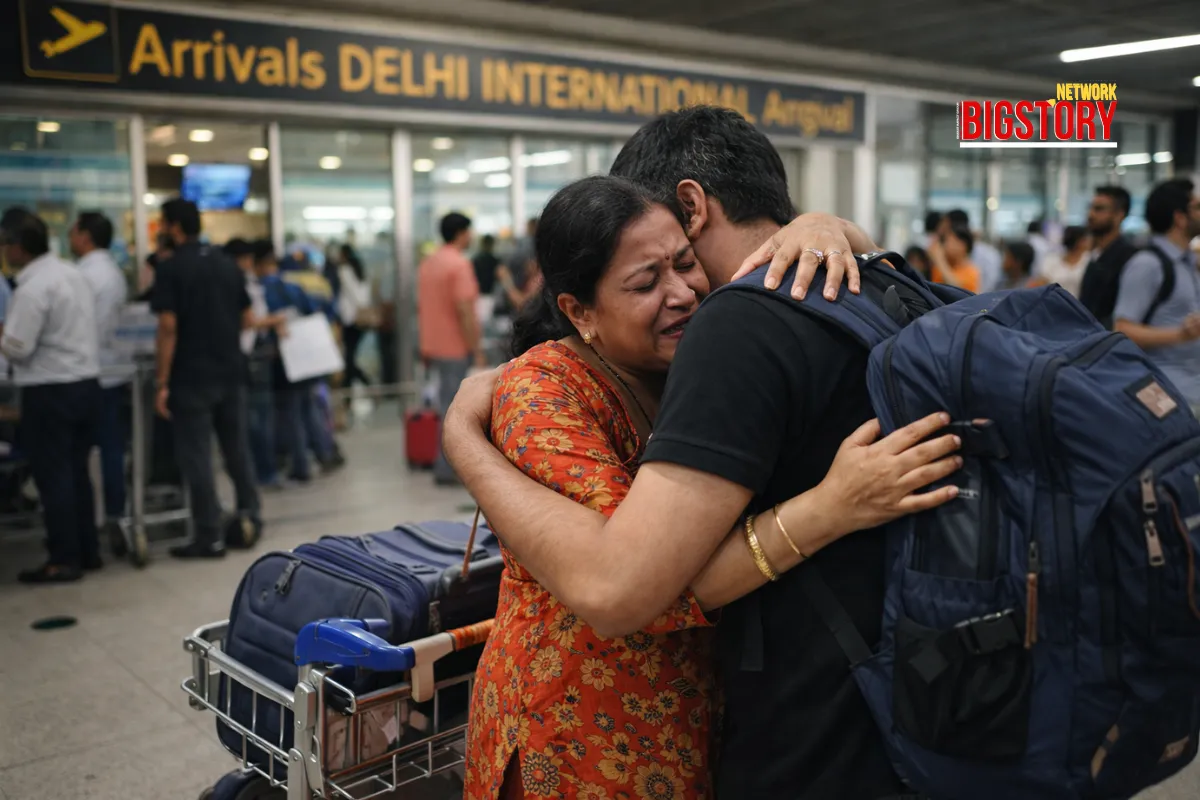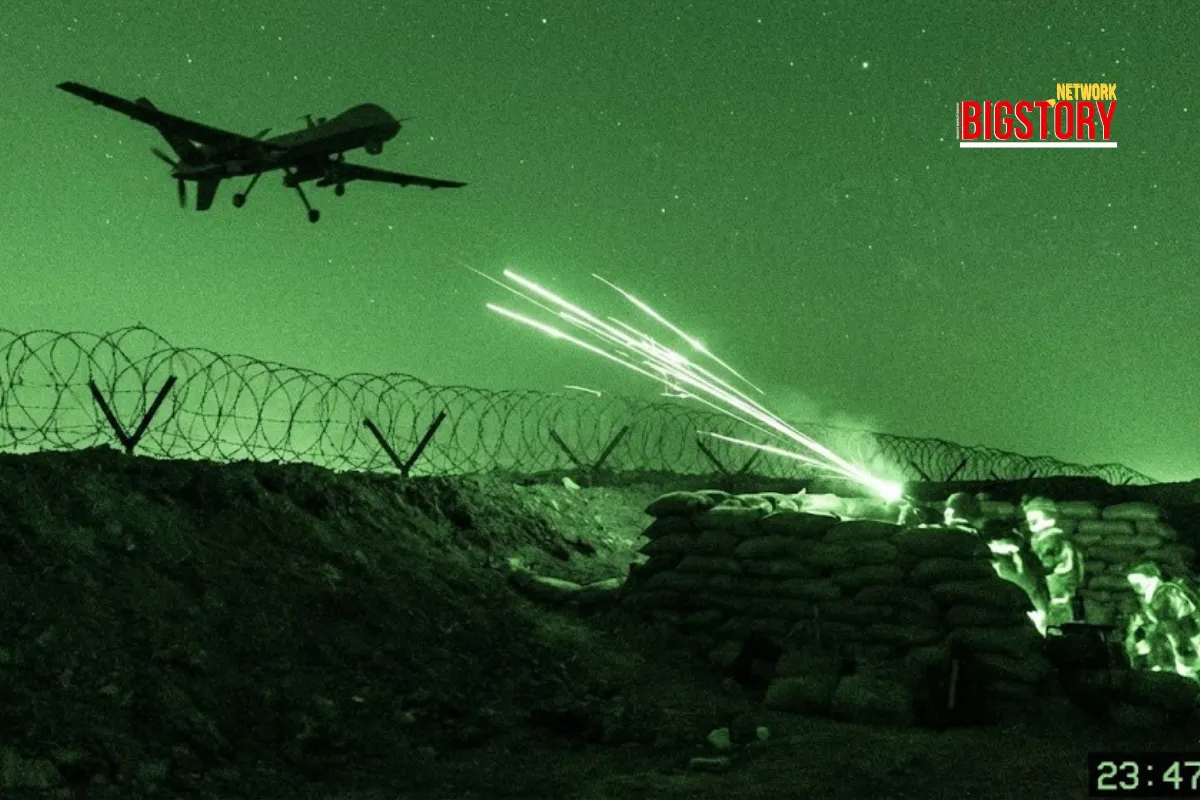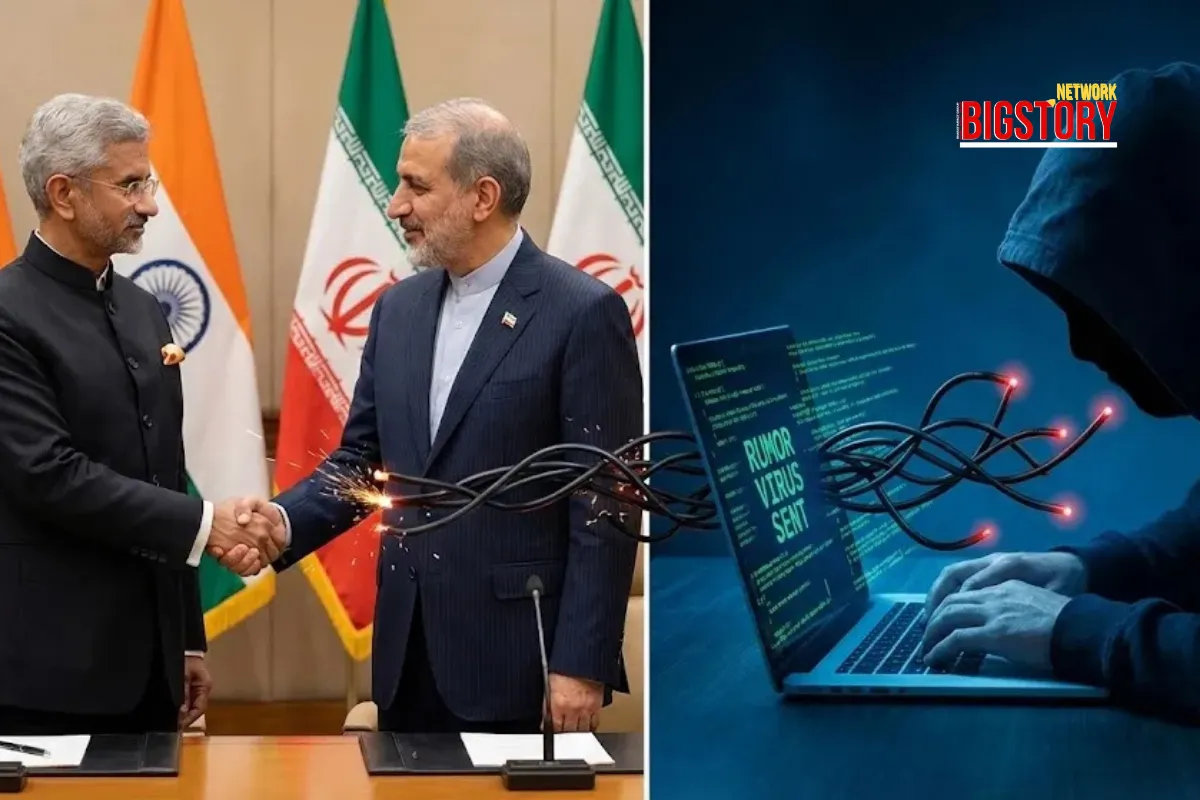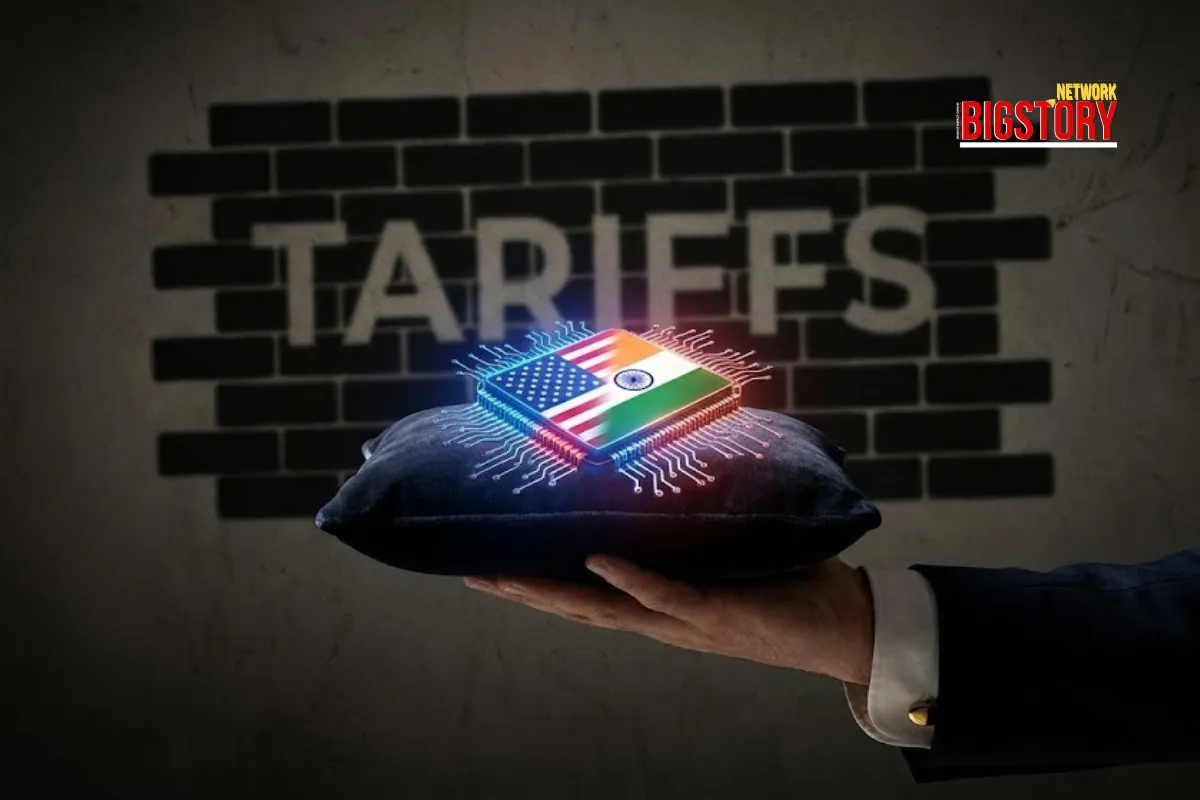Unpacking Israel's crucial role in Operation Sindoor, a testament to the deepening India-Israel friendship, alongside global allies.
 Sseema Giill
Sseema Giill
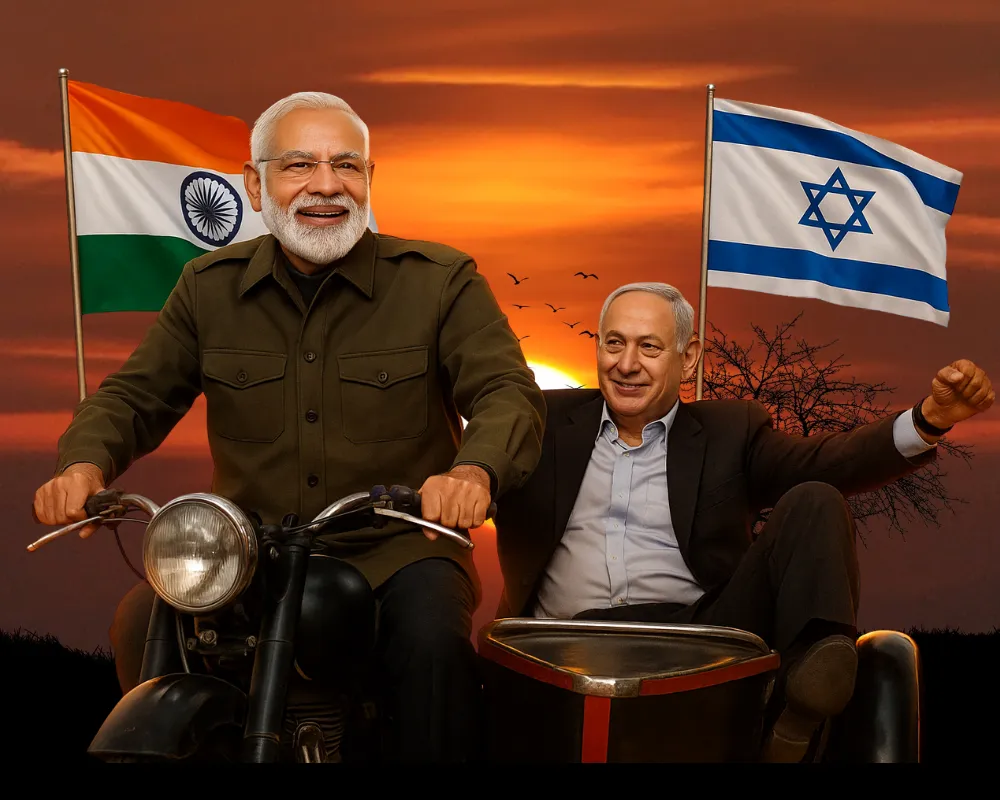
The recent successful culmination of India's Operation Sindoor, a decisive response to the heinous terrorist attack in Pahalgam, stands as a powerful testament to India's resolve against cross-border terrorism. For years, the deepening strategic partnership between India and Israel has quietly but steadily transformed the geopolitical landscape of South Asia, often dubbed by strategic analysts as Pakistan's "worst nightmare." This perception stems from the formidable combination of India's regional power and Israel's cutting-edge military technology and counter-terrorism expertise. Amidst this critical juncture, the unwavering support extended by Israel during Operation Sindoor emerged as a shining example of this profound friendship built on shared values and common challenges.
Israel's backing for India during Operation Sindoor was not merely rhetorical; it was multifaceted and deeply significant, solidifying this potent combination. From the immediate aftermath of the Pahalgam attack to the execution of precision strikes on terrorist infrastructure in Pakistan and Pakistan-occupied Kashmir, Israel's solidarity was consistently evident.
A cornerstone of this support was the unequivocal diplomatic backing. Israeli Ambassador to India, Reuven Azar, was among the first to publicly affirm Israel's commitment to India's right to self-defense. His powerful statement that "terrorists should know there's no place to hide" resonated deeply, echoing a sentiment of zero tolerance for terrorism that both nations inherently share. This sentiment was further amplified by other Israeli diplomats and officials, who consistently lauded India's swift and targeted response. The Israeli Consul General in Mumbai, Kobbi Shoshani, even expressed that the name "Operation Sindoor" "touched my heart," highlighting the emotional connection and solidarity.
Beyond public statements, the support extended to high-level engagements. The conversation between Major General (Res.) Amir Baram, Director General of the Israel Defence Ministry, and India's Defence Secretary, Rajesh Kumar Singh, exemplified the close coordination between the two nations. In this crucial exchange, Major General Baram not only conveyed Israel's full support but also commended the precision and success of Operation Sindoor, highlighting a shared understanding of the operational complexities involved in counter-terrorism efforts. Both sides reaffirmed their commitment to deepen bilateral defence ties and discussed a future roadmap to further strengthen strategic cooperation, including exploring an institutional framework for the partnership.
Perhaps the most tangible aspect of Israel's assistance lay in the realm of defense cooperation. Reports from the ground indicated the strategic deployment of several Israeli-origin weapon systems by Indian forces during Operation Sindoor. This included highly effective "kamikaze" drones like the Harop and Harpy, known for their precision strike capabilities, and the advanced Barak-8 medium-range surface-to-air missile systems, some of which are jointly developed with Israel. The presence and effective use of these systems underscored the depth of the defense ties between India and Israel. This joint development and acquisition of cutting-edge defense technology has proven to be a force multiplier for India's security apparatus. India's strategy during Operation Sindoor also mirrored aspects of the Israeli deterrence model, explicitly declaring any future terrorist attack as an "act of war" and attributing responsibility directly to state sponsors, a doctrinal shift influenced by the robust partnership. This adoption of a more proactive and punitive counter-terrorism doctrine, bolstered by Israeli expertise and technology, is precisely what fuels concerns in Islamabad.
The robust nature of the India-Israel friendship stems from shared challenges, particularly the fight against radical terrorism, and a mutual commitment to democratic values. Both nations have faced and continue to confront complex security threats, leading to a natural alignment of strategic interests. This shared understanding has forged a bond that is increasingly vital in a volatile geopolitical landscape, especially for Pakistan which views both India and Israel through a lens of historical animosity and strategic rivalry.
While Israel's support was particularly prominent, India also received crucial solidarity from a wide array of other international partners, underscoring a broad global consensus against terrorism. The United States, under President Donald Trump, expressed solidarity with India's right to combat terrorism, while also advocating for de-escalation. The United Kingdom also unequivocally backed India, with its Foreign Minister and former Prime Minister asserting India's right to self-defense. France condemned the attack and conveyed its full understanding of India's need to protect itself. Significantly, several Gulf nations, including Saudi Arabia, Qatar, and the UAE, also stood with India, reflecting a growing alignment on counter-terrorism. The European Union and its member states issued a strong unified statement of support, and even nations like Russia, while urging restraint, condemned terrorism unequivocally. Panama, as a non-permanent member of the UNSC, recognized India's legitimate efforts, and an outspoken Dutch MP, Geert Wilders, even explicitly backed India's claim on Kashmir.
In conclusion, Operation Sindoor not only showcased India's unwavering resolve against terrorism but also illuminated the strength of its strategic friendships. Israel's steadfast support, both diplomatically and through critical defense cooperation, played a significant role in reinforcing India's position on the global stage, solidifying a bond that continues to grow in importance as both nations navigate the complexities of regional and global security. The India-Israel friendship stands as a testament to the power of shared values and a common vision for a safer, more secure world, a vision that, for some, represents a formidable new reality.




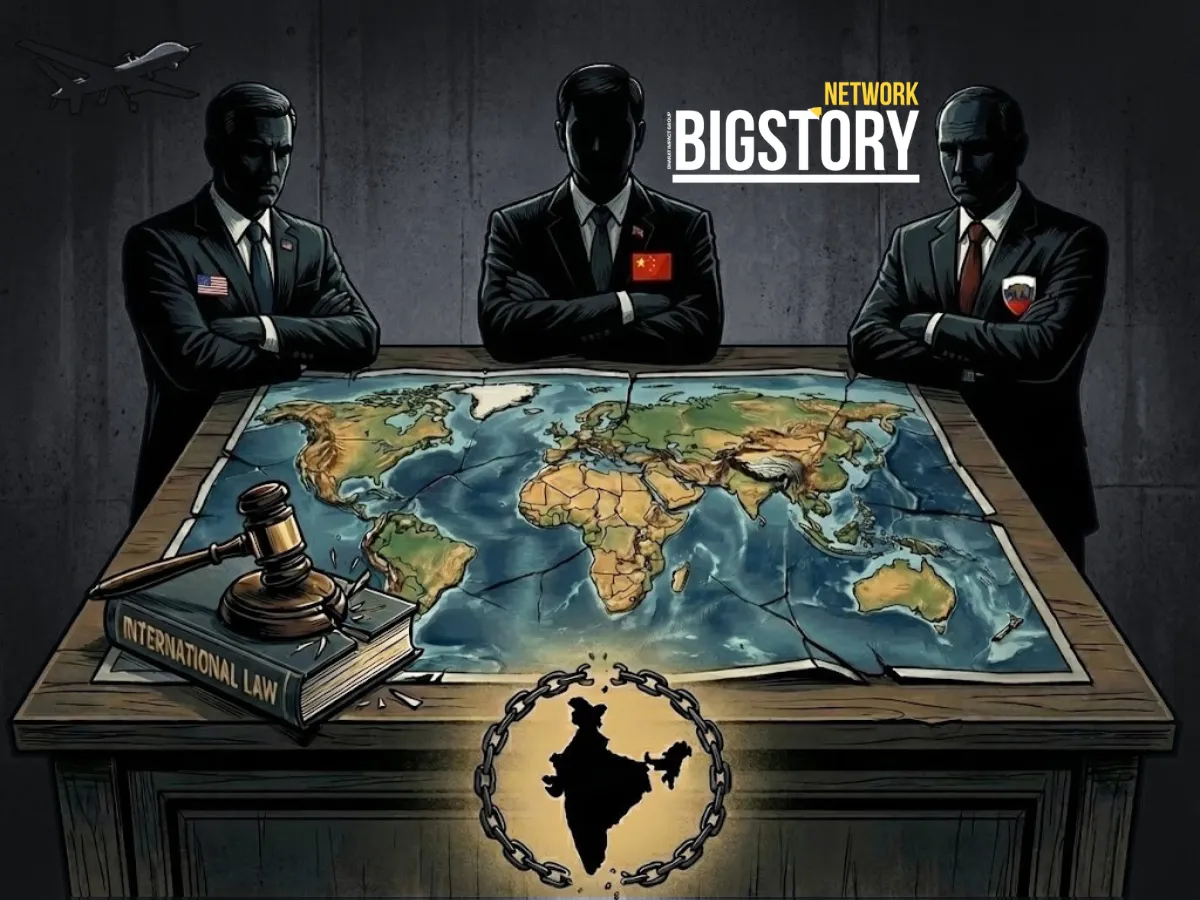

Sign up for the Daily newsletter to get your biggest stories, handpicked for you each day.
 Trending Now! in last 24hrs
Trending Now! in last 24hrs
